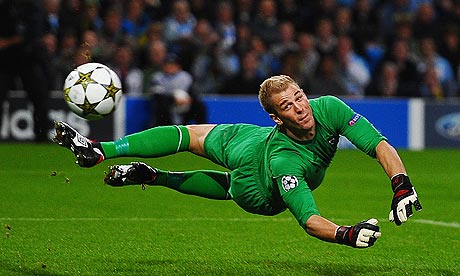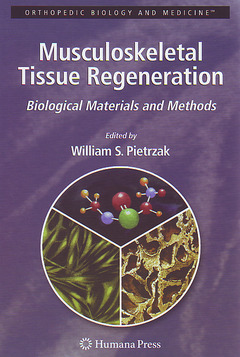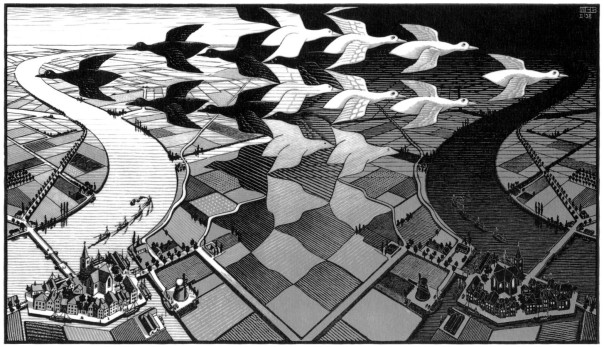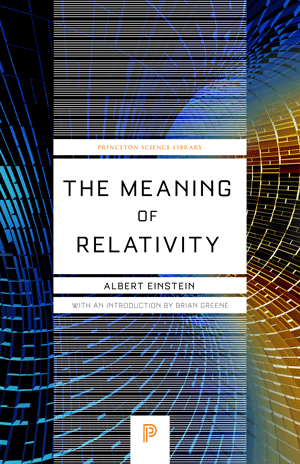Does
exercise influence the body’s internal clock? Few of us may be
conscious of it, but our bodies, and in turn our health, are ruled by
rhythms. “The heart, the liver, the brain — all are controlled by an
endogenous circadian rhythm,” says Christopher Colwell, a professor of
psychiatry at the University of California, Los Angeles’s Brain Research
Institute, who led a series of new experiments on how exercise affects
the body’s internal clock. The studies were conducted in mice, but the
findings suggest that exercise does affect our circadian rhythms, and
the effect may be most beneficial if the exercise is undertaken midday.
For the
study, which appears in the December Journal of Physiology,
the researchers gathered several types of mice. Most of the animals
were young and healthy. But some had been bred to have a malfunctioning
internal clock, or pacemaker, which involves, among other body parts, a
cluster of cells inside the brain “whose job it is to tell the time of
day,” Dr. Colwell says.
These pacemaker cells receive signals from
light sources or darkness that set off a cascade of molecular effects.
Certain genes fire, expressing proteins, which are released into the
body, where they migrate to the heart, neurons, liver and elsewhere,
choreographing those organs to pulse in tune with the rest of the body.
We sleep, wake and function physiologically according to the dictates of
our body’s internal clock.
But, Dr. Colwell says, that clock can
become discombobulated. It is easily confused, for instance, by viewing
artificial light in the evening, he says, when the internal clock
expects darkness. Aging also worsens the clock’s functioning, he says.
“By middle age, most of us start to have trouble falling asleep and
staying asleep,” he says. “Then we have trouble staying awake the next
day.”
The consequences of clock disruptions extend beyond
sleepiness. Recent research has linked out-of-sync circadian rhythm in
people to an increased risk for diabetes, obesity, certain types of
cancer, memory loss and mood disorders, including depression.
“We
believe there are serious potential health consequences” to problems
with circadian rhythm, Dr. Colwell says. Which is why he and his
colleagues set out to determine whether exercise, which is so potent
physiologically, might “fix” a broken clock, and if so, whether
exercising in the morning or later in the day is more effective in terms
of regulating circadian rhythm.
They began by letting healthy
mice run, an activity the animals enjoy. Some of the mice ran whenever
they wanted. Others were given access to running wheels only in the
early portion of their waking time (mice are active at night) or in the
later stages, the equivalent of the afternoon for us.
After
several weeks of running, the exercising mice, no matter when they ran,
were found to be producing more proteins in their internal-clock cells
than the sedentary animals. But the difference was slight in these
healthy animals, which all had normal circadian rhythms to start with.
So
the scientists turned to mice unable to produce a critical internal
clock protein. Signals from these animals’ internal clocks rarely reach
the rest of the body.
But after several weeks of running, the
animals’ internal clocks were sturdier. Messages now traveled to these
animals’ hearts and livers far more frequently than in their sedentary
counterparts.
The beneficial effect was especially pronounced in those animals that exercised in the afternoon (or mouse equivalent).
That
finding, Dr. Colwell says, “was a pretty big surprise.” He and his
colleagues had expected to see the greatest effects from morning
exercise, a popular workout time for many athletes.
But the
animals that ran later produced more clock proteins and pumped the
protein more efficiently to the rest of the body than animals that ran
early in their day.
What all of this means for people isn’t clear,
Dr. Colwell says. “It is evident that exercise will help to regulate”
our bodily clocks and circadian rhythms, he says, especially as we enter
middle age.
But whether we should opt for an afternoon jog over one in the morning “is impossible to say yet,” he says.
Late-night
exercise, meanwhile, is probably inadvisable, he continues. Unpublished
results from his lab show that healthy mice running at the animal
equivalent of 11 p.m. or so developed significant disruptions in their
circadian rhythm. Among other effects, they slept poorly.
“What we
know, right now,” he says, “is that exercise is a good idea” if you
wish to sleep well and avoid the physical ailments associated with an
aging or clumsy circadian rhythm. And it is possible, although not yet
proven, that afternoon sessions may produce more robust results.
“But
any exercise is likely to be better than none,” he concludes. “And if
you like morning exercise, which I do, great. Keep it up.”










